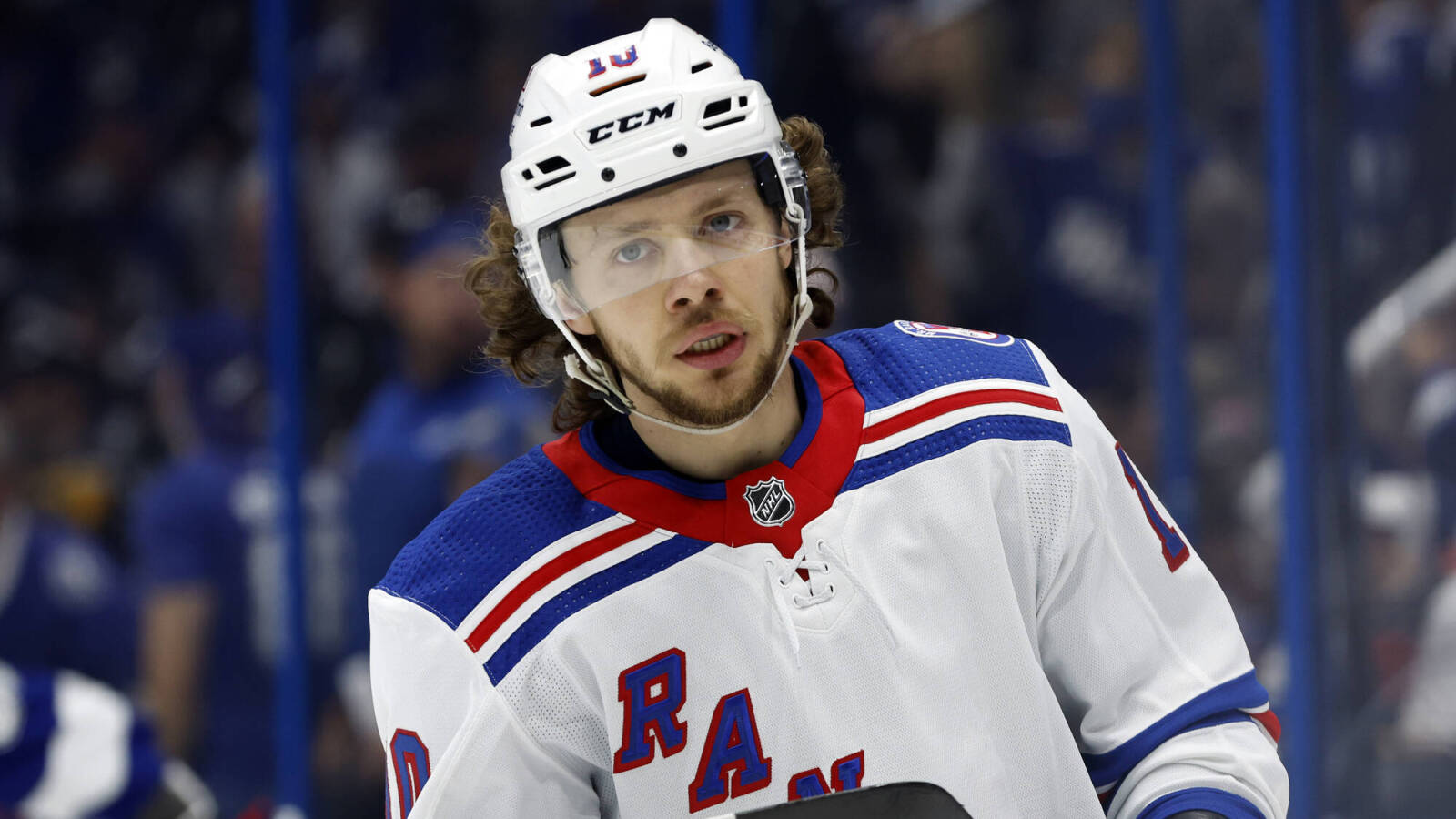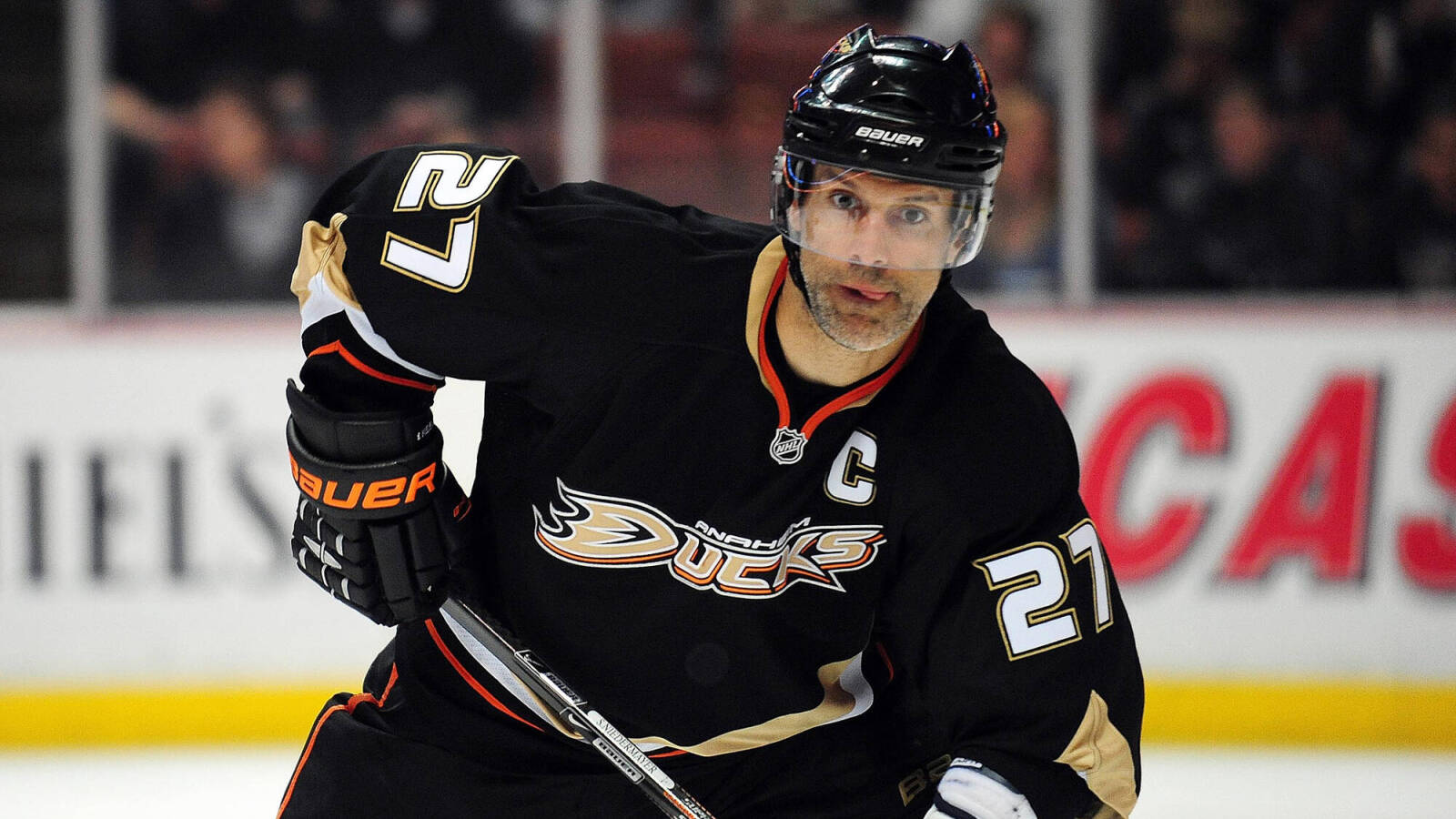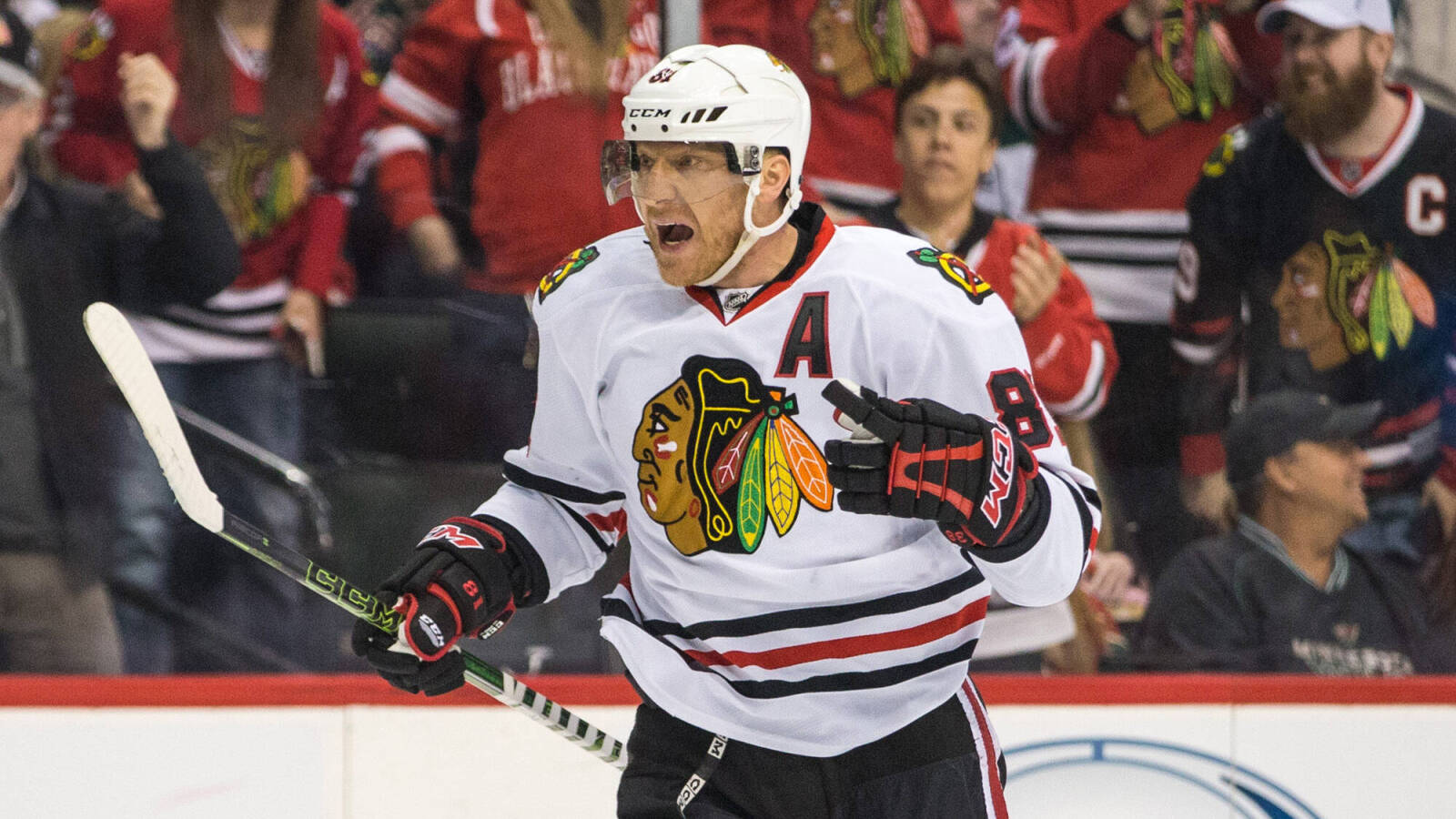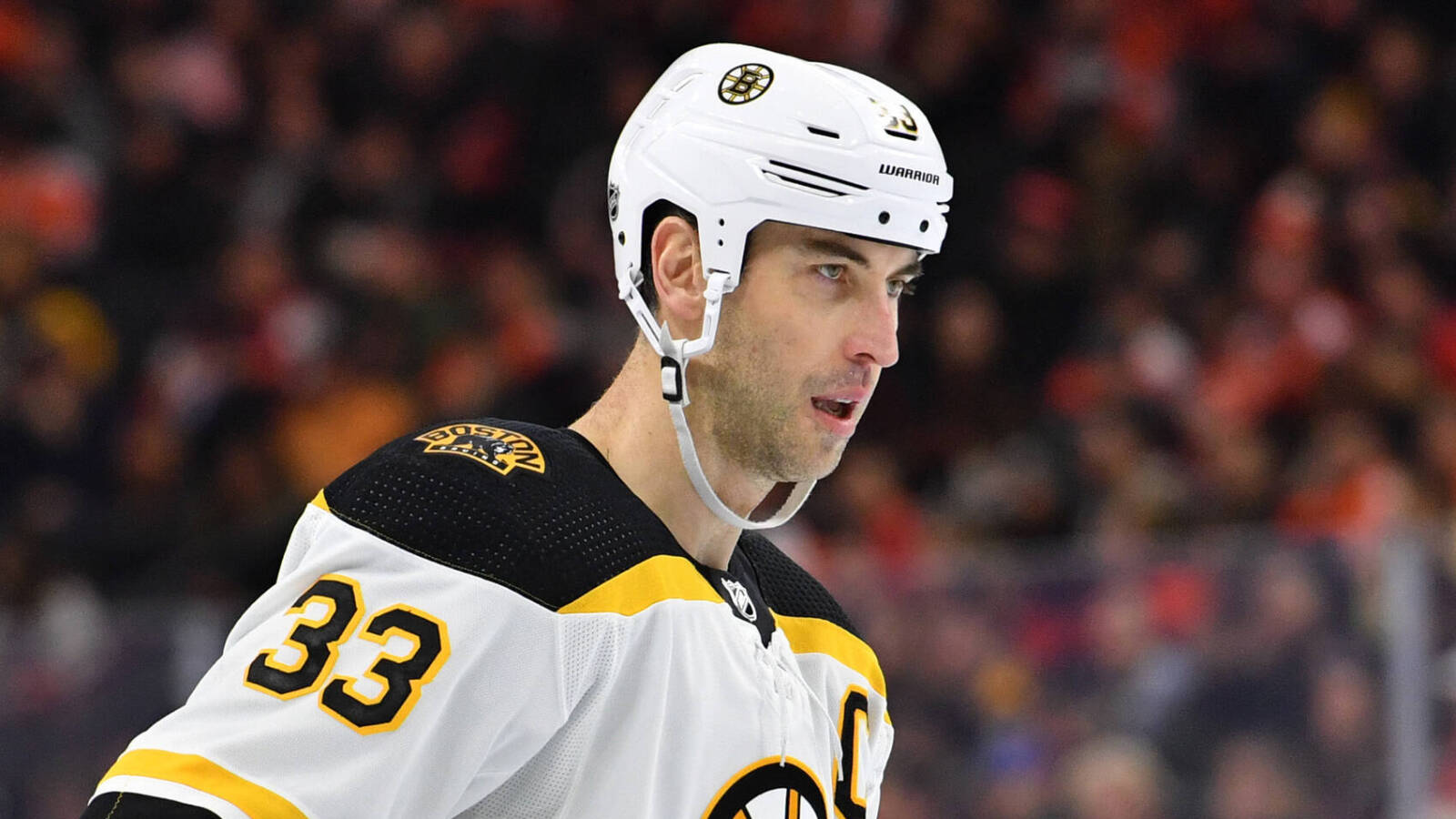
It was a fair question. Or so I thought.
I was talking to the GM of an NHL team a few years back. Free agency was weeks away, and his team happened to have a ton of cap space.
“So,” I asked. “Thinking you’ll make a big splash?”
The GM laughed. What was so funny?
“Let me ask you something,” he said. “You can’t say Zdeno Chara. Name me one other major UFA signing during the salary cap era that actually worked.”
I paused. I panicked. He cut me off before I could come up with Marian Hossa.
“You see? It’s a fool’s errand.”
He was right … to a point. In free agency, especially until the past couple seasons, teams tend to pay players for what they’ve done, just as they exit their primes, instead of for what they’re going to do during their decline years. The system is flawed. Almost every major UFA is past his peak or nearing its end by the time he reaches his open-market years. So it is, indeed, hard to win big on a fat UFA contract.
That said, it’s more common than the aforementioned GM would have us believe. We’ve seen a few home-run signings during the salary-cap era. Which are the best ones?
Honorable mentions: Brian Rafalski, 2007 (DET), Mike Smith, 2011 (ARI), Joe Pavelski, 2019 (DAL)
5. Sergei Gonchar, 2005, Pittsburgh Penguins
5 years, $5,000,000 AAV
When Gonchar went to market in 2005, a.k.a the first salary-cap offseason, a.k.a. the Wild West, he was already 31 and 10 years into an excellent NHL career. Over the previous five seasons, he led all NHL defensemen in goals and was second only to Nicklas Lidstrom in points.
So it was a coup when the Penguins, riding the high of landing a kid named Sidney Crosby in the NHL Draft lottery, scooped Gonchar. He was the rare UFA who didn’t decline in his early to mid 30s. In his second season with the Pens, he equaled his career high with 67 points and finished seventh in Norris Trophy voting. In his third season, he finished fourth in Norris voting. He played monstrous minutes on the 2007-08 Pens squad that lost in the Stanley Cup Final and the team that won the Cup in 2008-09. The Pens likely don’t hoist the chalice without Gonchar, whose résumé should earn him Hall of Fame consideration in years to come.

4. Artemi Panarin, 2019, New York Rangers
7 years, $11,642,857 AAV
We knew "The Bread Man" was a great hockey player by summer 2019. He was already a Calder Trophy winner and Second-Team All-Star as a Chicago Blackhawk. In two seasons leading up to his walk year, he’d averaged better than a point per game despite playing on some defensive-minded Columbus Blue Jackets teams. But the New York Rangers paid Panarin true superstar money, and he’s somehow managed to exceed expectations in his first three seasons with them.
Since Panarin became a Ranger, he’s amassed 249 points in 186 games. That’s 110 points per 82 games. Over that span, in 5-on-5 play (min. 1,000 minutes played), Panarin leads all NHLers in assists per 60 minutes and ranks sixth in points and primary assists per 60. He’s right up there with the top left wingers in the game — and of his generation. Not bad considering the Rangers, less than 17 months before the Panarin signing, penned a letter to fans asking for patience during their rebuild. By 2021-22? Eastern Conference finalists.

3. Scott Niedermayer, 2005, Anaheim Ducks
4 years, $6,750,000 AAV
Niedermayer had already won pretty much everything by summer 2005: three Stanley Cups and a Norris Trophy with the New Jersey Devils, Olympic gold with Canada and so on. So he figured, why not play out West, closer to his family roots in Western Canada, and suit up on the same team as his brother Rob? Scott was a dominant force in Anaheim, earning First-Team All-Star status in his first two seasons of his contract and finishing second in the Norris vote twice in a row. He formed an all-time legendary pair with fellow Hall of Famer Chris Pronger, also moving to other pairs so one of them could be on the ice at almost all times. Niedermayer was Anaheim’s driving force during its run to its first and only Stanley Cup championship in 2006-07, winning the Conn Smythe Trophy as playoff MVP.
Even after he finished his four-year deal and re-upped for one final NHL season in 2009-10, Niedermayer was still playing 26:30 a night and winning Olympic gold again. All the man could do was win.

2. Marian Hossa, 2009, Chicago Blackhawks
12 years, $5,275,000 AAV
Remember these types of contracts, pre-2012-13 lockout? Hello cap circumvention. The Blackhawks did an expert job keeping their star core intact for their dynastic years by handing out impossibly long terms at AAVs well below the players’ true market values. Hossa was one of the prime examples.
He’d been cursed his previous two seasons, losing in the 2007-08 Stanley Cup Final as a Pittsburgh Penguin, signing with the winning team, the Detroit Red Wings, then losing to the Penguins in the Final the following season. Hossa picked right the third time, reaching his third straight Final with a third straight team, a feat not matched until Corey Perry did it this past season. Hossa starred on the Hawks’ 2010, 2013 and 2015 championship teams. As a high-end goal scorer with more than 500 goals and 1,100 points who was also one of the best two-way wingers of his era, he was an easy first-ballot Hall of Fame inductee in the class of 2020.

1. Zdeno Chara, 2006, Boston Bruins
7 years, $7,500,000 AAV
The greatest What-If in Ottawa Senators franchise history: what if they’d chosen to re-sign Chara over Wade Redden in the summer of 2006? They had a dominant team and two of the game’s best blueliners but could only afford to keep one on a long-term deal. After they leaned toward Redden, Chara, expressing disappointment in a perceived lack of aggression in trying to keep him, signed with the Bruins.
He went on to build a Hall of Fame legacy in an era that restored the Big, Bad Bruins as a prestige franchise. Chara captured the 2008-09 Norris Trophy and was a finalist five other times during his Boston tenure alone. He led the Bruins to a Stanley Cup victory in 2010-11 plus berths in the 2012-13 and 2018-19 Finals. Two of his three First-Team All-star nods and three of his four Second-Team selections came as a Bruin. He is the franchise’s second-longest serving captain after Ray Bourque. Chara is also the NHL’s all-time leader in games played by a blueliner at 1,680. So, uh, yeah, Ottawa probably should’ve kept him over Redden. Oops.
More must-reads:
- Every NHL team's likely next retired number
- Maple Leafs star breaks silence on postseason absence, addresses Game 4 status
- The 'No. 1 overall NHL draft picks' quiz
Breaking News
Customize Your Newsletter
 +
+
Get the latest news and rumors, customized to your favorite sports and teams. Emailed daily. Always free!

